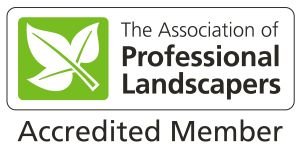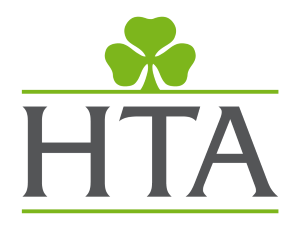Insects
Butterflies
Butterflies are perhaps one of the loveliest sights in the garden so to look after these elegant creatures and keep them pollinating, there are several things you can do. Plant a range of plants which will collectively produce nectar throughout as much of the year as possible – although spring and autumn are the most important.
Some favourites for butterflies are primroses, buddleia and marjoram. Ideally, leave an area of your garden to run wild – this will be great for all wildlife, not just butterflies! As with any wildlife gardening, avoiding pesticides and planting native species of plants is the best way to support and provide food sources for butterflies.
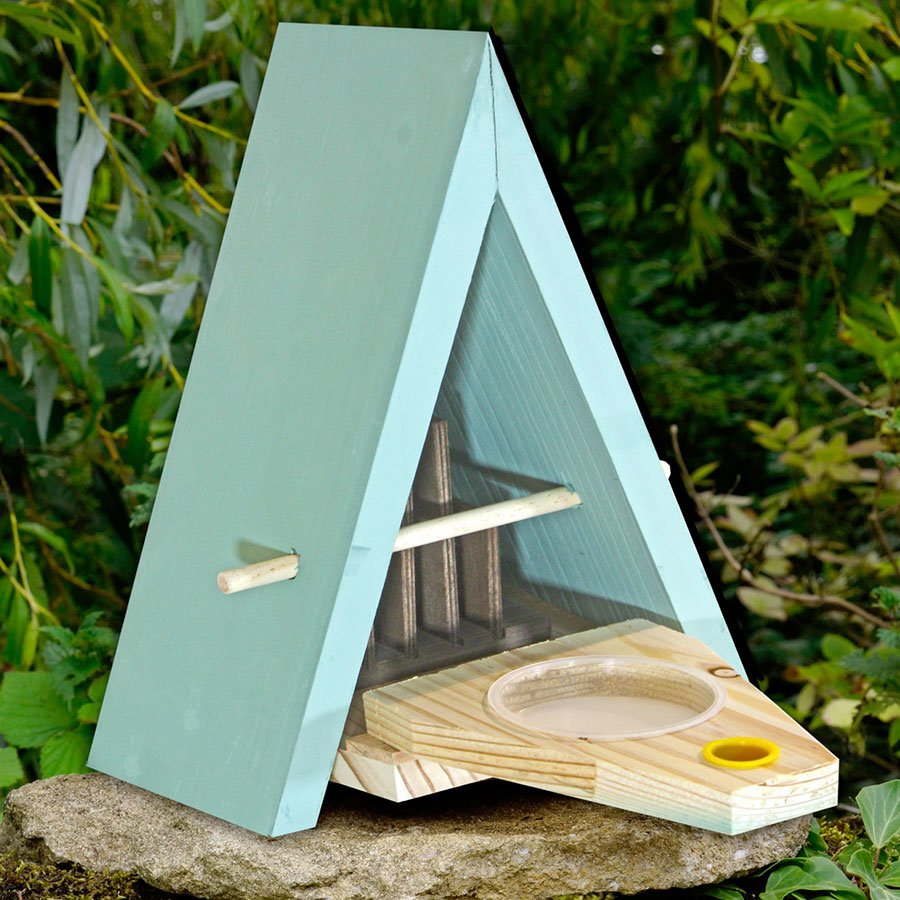
The Butterfly Habitat
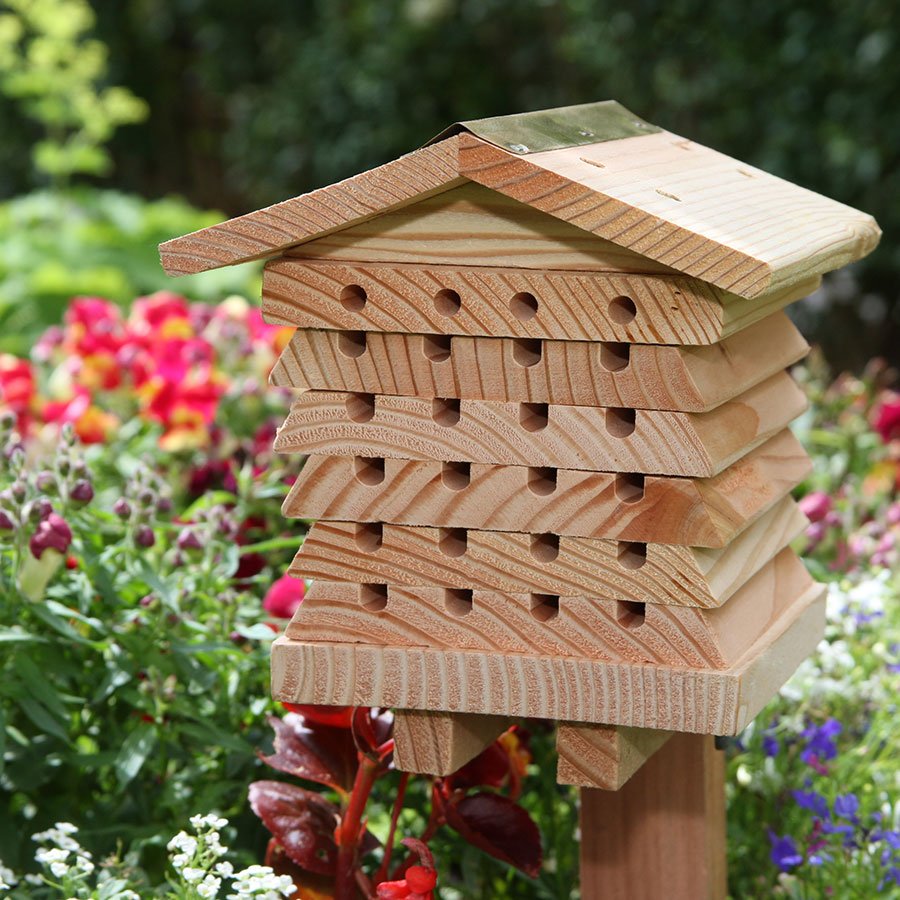
Solitary Bee Hive
Bees
Everyone knows how important bees are, both in the garden and as part of our lives as a whole, but what can we practically do to help? There are many different types and species of bees. However, in terms of gardening all bees require the same thing: nectar and pollen.
You can do your bit for the bees by planting plants, trees and shrubs which flower at different times of year. This creates a long lasting food source all year round. Some great plants for bees include: hydrangeas, lavender, oregano, buddleia and honeysuckle.
In the absence of natural nesting sites, it’s also possible to provide artificial nests for the different types of bees that visit your garden. Without pollinators like bees in the garden, many plants would not be able to reproduce and (at the very least) we wouldn’t have the beautiful gardens we love, so plant for pollinators and enjoy nature’s work!
Ladybirds
Normally a welcome visitor to the garden due to their bright, colourful appearance and appetite for aphids, there are 46 species of ladybird in the UK. During the winter adults hibernate in cracks, crevices and leaf litter and emerge in April to find a mate, so providing the right habitat will encourage them into your garden.
Adults and larvae feed on aphids and small insects but Ladybirds also love pollen from plants such as angelica, calendula, fennel and marigold.
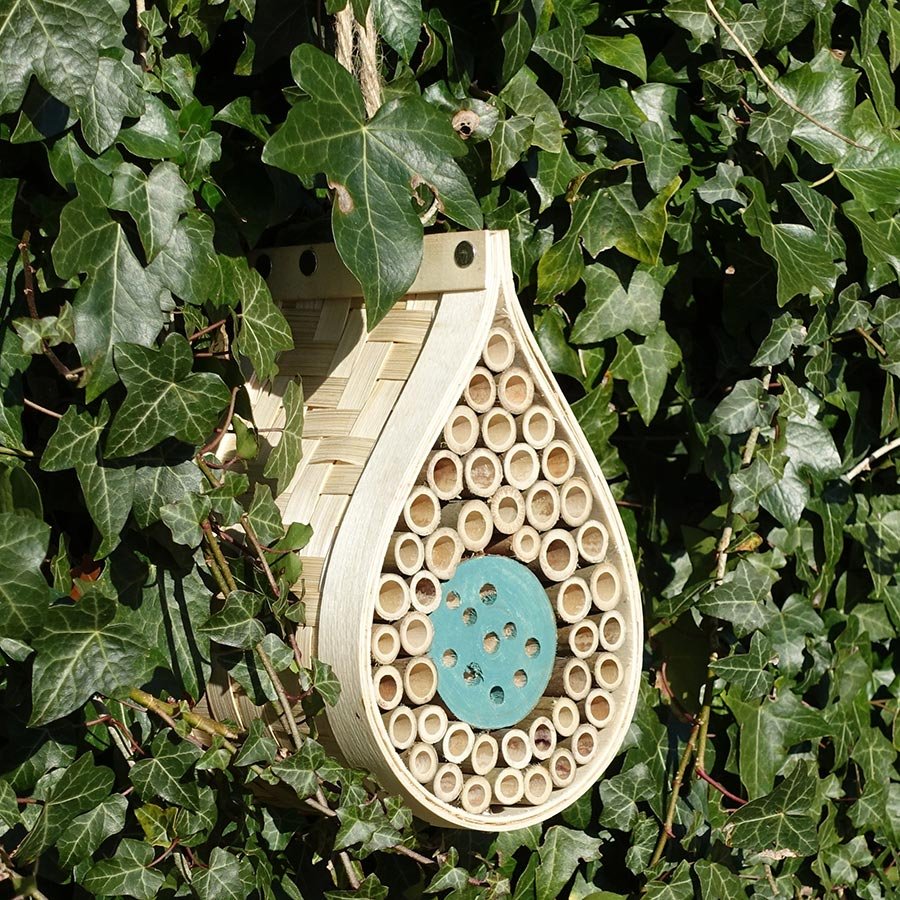
Dewdrop Bug Hotel
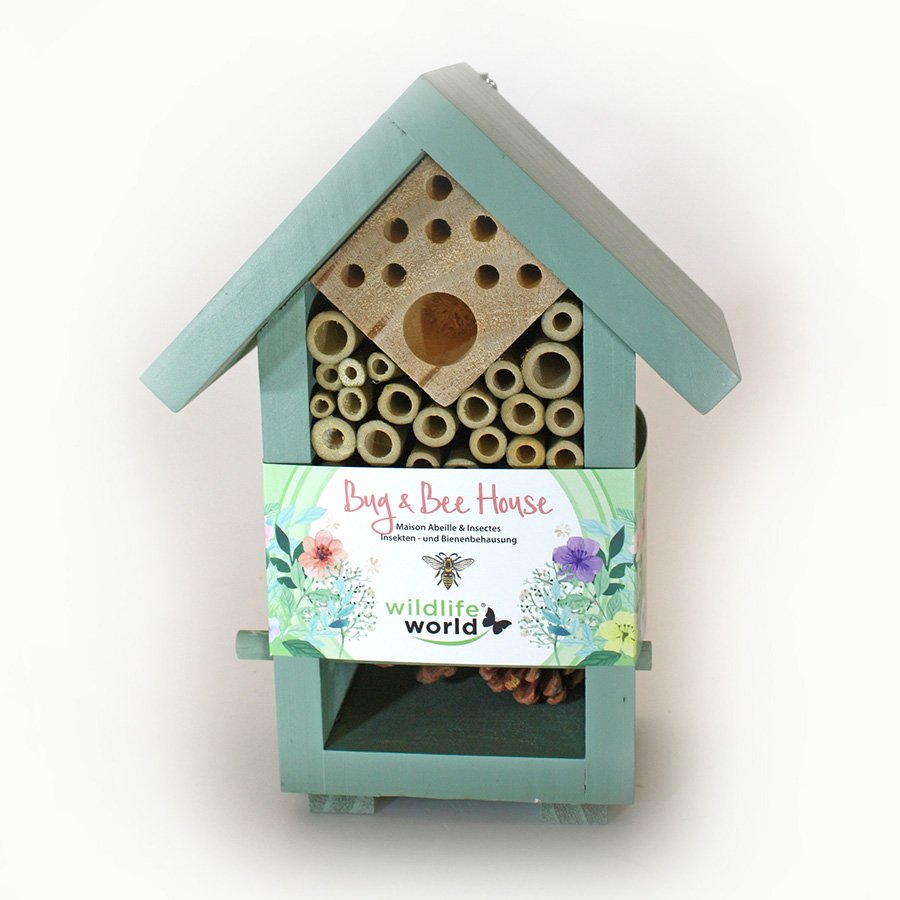
Bee & Bug House
Moths
Moths are not only important pollinators but form a vital link in the food chain as a source of food for bats and garden birds, like blue tits and wrens. In recent years moths have suffered rapid decline due to intensified agriculture, climate change and loss of habitat.
Contrary to popular belief, almost all moths are harmless, so won’t make holes in your jumpers! Many species, such as the Emperor Moth and Elephant Hawk Moth, have beautiful colours and patterns, providing a great spectacle in the garden! Much like other pollinators, moths need flowering plants to survive in their own right and to play a vital role in the food chain of your whole garden, so don’t overlook the humble moth!
Let GreenArt help you create a haven for wildlife in your garden
Book your FREE consultation today









